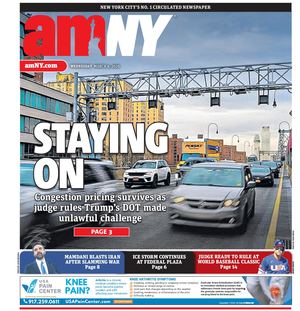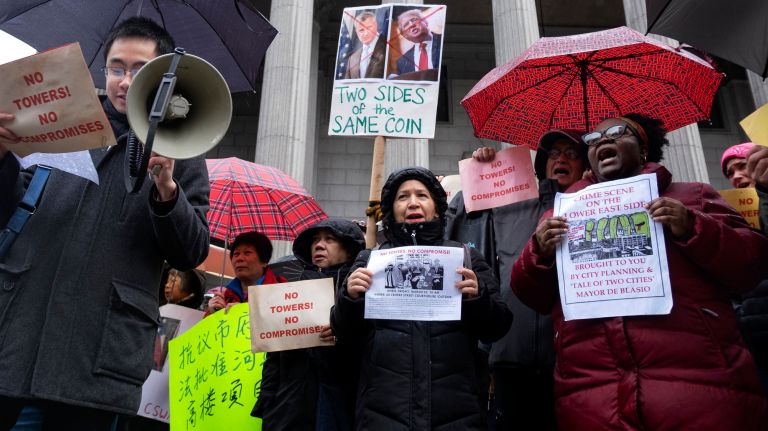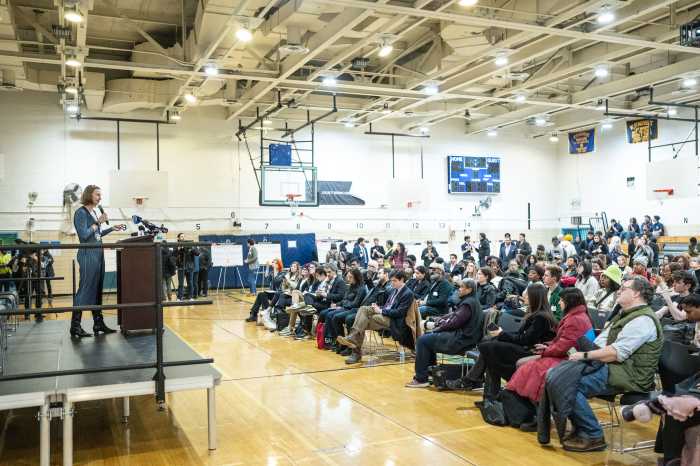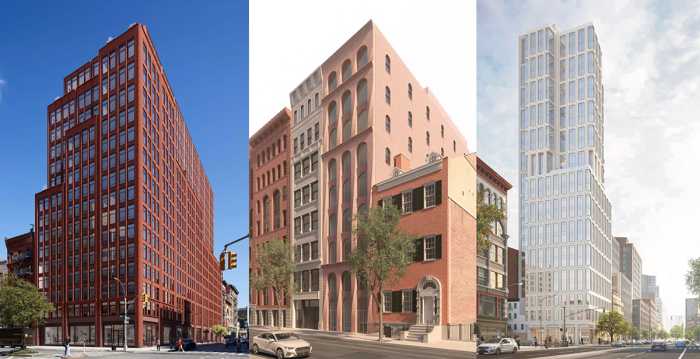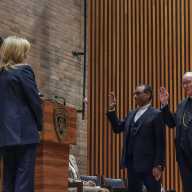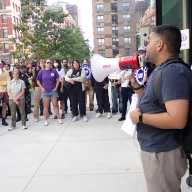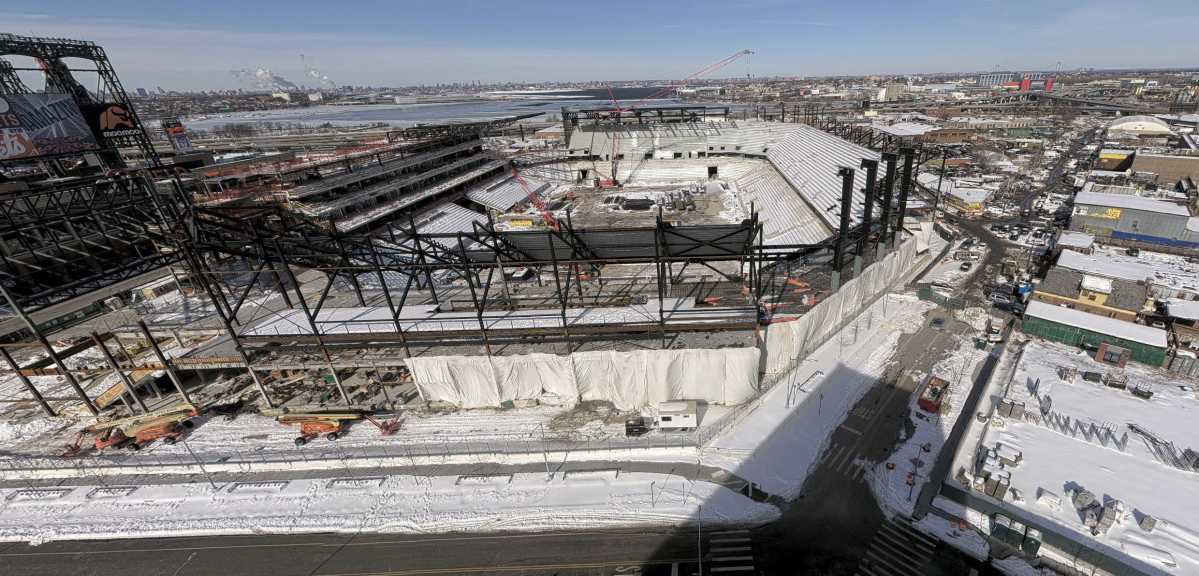
Residents who oppose a cluster of luxury towers planned in Manhattan’s Two Bridges neighborhood are taking their fight to court.
The group, represented by Lower East Side Organized Neighbors and the Asian American Legal Defense Fund, filed a lawsuit against the city in state Supreme Court Friday morning in an effort to stop the towers from being developed. The lawsuit respondents include the New York City Planning Commission, the Department of City Planning, the City of New York, DCP director and planning commission chair Marisa Lago and the Department of Buildings.
The applications from Starrett Development, JDS Development Group and Two Bridges Associates to build four skyscrapers within three blocks of each other were approved by the City Planning Commission in December, much to the chagrin of community advocates and residents who argue the city didn’t follow its own zoning rules.
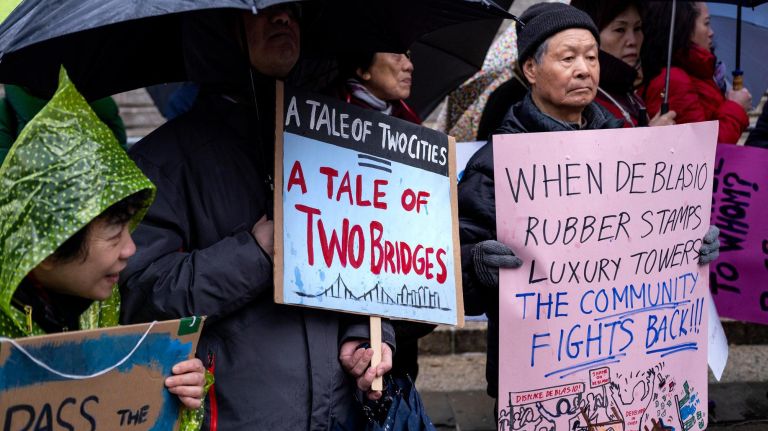
The groups believe the Department of City Planning erred in classifying the proposed towers as a "minor modification," which did not trigger the city’s rigorous uniform land-review procedure.
Nicholas Paolucci, a spokesman for the Law Department, said the city will review the case.
"The city stands by its review and approvals for this project which is expected to add hundreds of affordable housing units and improve transit infrastructure for the community," he said in an emailed statement.
Construction on the towers — a 77-story apartment complex at 247 Cherry St., a 62-story residential building at 259 Clinton St. and a project at 260 South St. featuring two towers each also over 60 stories high — is to take place simultaneously.
While the buildings will open up 2,775 new apartments, including 694 units pegged for permanent affordable housing, nearby tenants have a long list of concerns they say has not been addressed.
Zishun Ning, a representative for the group filing the lawsuit, said the towers will raise rents in the surrounding neighborhood, encourage tenant harassment and rob Chinatown of more than five hours of sunlight as the shadows reach past Bowery.
“Furthermore, such construction will bring in massive air and sound pollution, devastating our health and living conditions,” Ning said. “This is a life-or-death situation. We will not stand by to allow the mayor and the city destroy our lives and environment to enrich the developers.”
The developers have taken steps to mitigate some of the residents’ concerns by incorporating new public open space into the project as well as $15 million in improvements to three area parks and $40 million for elevators and other upgrades at the East Broadway subway station. The developers also pledged $12.5 million for repairs at a nearby New York City Housing Authority complex.
A spokesman for all three developers noted that without the towers, "all that investment goes away."
"At a time when projects delivering tens of thousands of jobs and hundreds of millions in community investment are being opposed by anti-development sentiment across the city, it’s important to remember what’s at stake here, all proposed after years of community consultation, public review and environmental analysis, and in compliance with zoning that’s been in place for more than 30 years," the spokesman said. "We look forward to the swift resolution of this baseless lawsuit and to starting construction."
